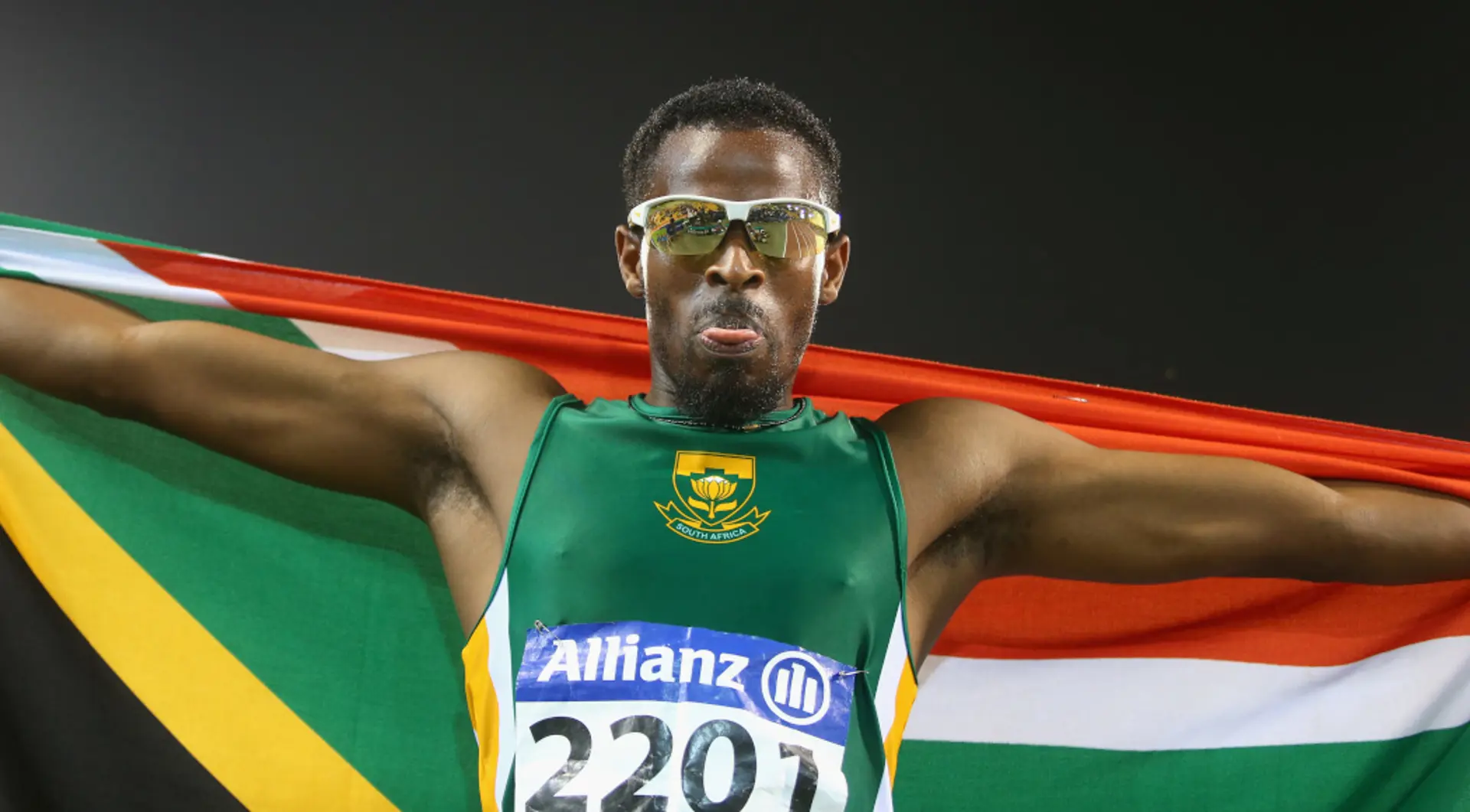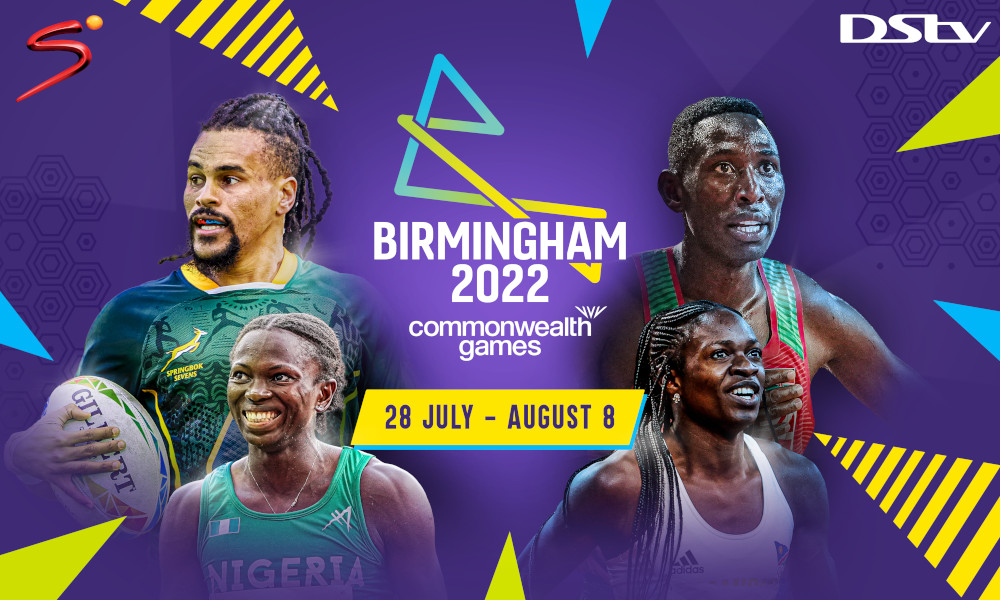Sascoc president promises funding as Team SA finish ninth

After 11 days of competition, Team South Africa flew out of the UK with seven gold medals after the Commonwealth Games came to an end in Birmingham on Monday.
Calendar | Schedule | Results | Medals | TV Guide | Watch on DStv
Advertisement
Another nine silvers and 11 bronze medals were part of the team’s haul but that was only enough for a ninth-place finish on the overall medal table – behind the likes of Scotland and Wales as well as continental rivals Nigeria (who were seventh).
That’s the worst return by a South African team at the Games since 1994 when a hastily assembled squad was sent to the event in Canada after the country’s reintroduction to the Commonwealth just a matter of weeks earlier and returned with two golds and 12th place overall.
Had it not been for two teenage swimmers’ stunning performances in Birmingham, things could have looked much bleaker with Lara van Niekerk and Pieter Coetzé collecting three golds, a silver and a bronze between them.
The swimmers were by far the most prolific, with Olympic champion Tatjana Schoenmaker also among the gold medallists while there were another four silvers and three bronzes won in the pool.
Athletics, a code that usually contributes a large chunk of the gongs, was always going to struggle to deliver with the World Championships scheduled for just a few weeks earlier, and several athletes tested positive for Covid and had to withdraw from the Games.
In their absence, visually impaired sprinter Jonathan Ntutu was the only gold medallist on the track with Akani Simbine and Charl du Toit adding 100m silver and 400m hurdler Zeney van der Walt and long jumper Jovan van Vuuren bronze.
Other sporting codes to contribute were of course rugby sevens, judo (Michaela Whitebooi providing one of the highlights of the Games for Team SA with her gold in the women’s 48kg), cycling, lawn bowls, boxing, gymnastics and wrestling, while the SA men’s hockey team just missed out on a memorable bronze after earning their place in a semifinal for the first time in two decades.
Worth mentioning is the fact that more golds were won by women, with female athletes also edging ahead in the total medal count with 14 out of 27.
The medal-winning performances were all the more impressive considering the athletes have achieved these feats with very little to nothing in the way of funding and support.
This, according to Barry Hendricks, the president of the South African Sports Confederation and Olympic Committee (Sascoc), is about to change as the team begin their countdown to the Paris Olympics in 2024.
Sascoc’s funding programme for elite athletes, Operation Excellence, was halted several years ago after funds ran dry. Corruption and mismanagement within the organisation at the time didn’t help with attracting sponsors, of course. But, asked about the programme, Hendricks maintained: “Yes, it’s going to start up next month. We are quite certain of that.”
Just what athletes will receive, and how many of them might benefit remains unclear though with funds still severely restricted.
“In the past, there were about 20 athletes if I’m not mistaken. We can’t do the same because the funding then was about 100 million – and 28 million to Operation Excellence alone so now we’re looking at a figure half of that so we’ll have to work within that,” said Hendricks.
That figure is not likely to go far in preparing a team that was 228-strong in Birmingham and 179-strong in Tokyo last year to reach the podium in Paris come 2024.
Hendricks maintains the focus is now on the Los Angeles Olympic Games in 2028, rather than Paris, but the proverbial goalposts seem to keep moving forward.
Back in Birmingham, Chef de Mission for Team SA Lwandile Simelane remained upbeat about the country’s performance at these Games.
“I think every single athlete dug deep. I’m extremely proud of the ones that have earned medals. We took a couple of knocks with some Covid withdrawals but it’s great to still be strong in the medals table despite all of that,” she said.
“A lot of people will look at it as down but for us, it’s actually quite encouraging the different collection of sports codes that have actually contributed towards the medal table this time around – boxing coming in, judo and cycling so it’s quite an exciting prospect to see how many sports are actually working on being medal contributors for the nation.
“It always was going to be a bit difficult with the team sizes dwindling due to the positive Covid cases and all of that so I don’t think we could have anticipated having the same amount of athletes and medals. But I think there’s a lot of work for all of us to do in the federations and there are a lot of discussions around funding and everything else that we have to have, but I think we have a very positive outlook going into Paris,” added Simelane.
Advertisement
